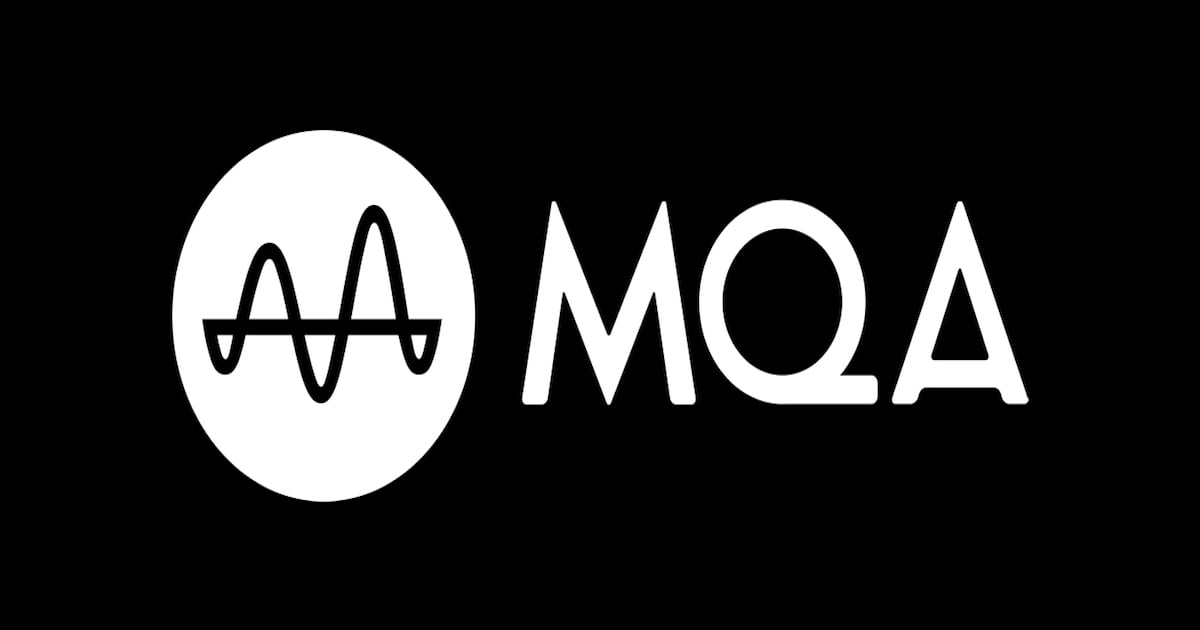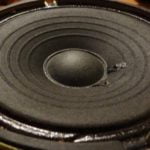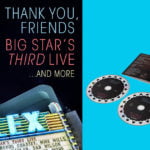It’s the time of year for saving money!
Just as it so often happens in Audiophilia, the latest, and perhaps most talked about subject raging today is Master Quality Authenticated, or MQA for short. Conceptually, I feel sure everyone knows what MQA purports to deliver – a recording consistent with what the artist or band was trying to create. Since its introduction, acceptance for MQA has grown and more equipment manufacturers are adopting the format for their equipment. Presently, I suspect there are very few audiophiles who have not yet heard about MQA as a process. How many have actually heard it in person might be a different matter entirely.
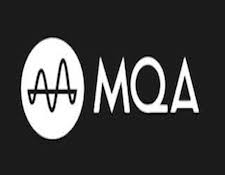 As it universally seems to be with so many audiophile subjects, there is both agreement and disagreement about the veracity of MQA. Some audio writers have written numerous articles in its praise. Other have taken exactly the same stance in its derision. From a manufacturing standpoint, there are equipment builders who could not adopt MQA compatibility fast enough, and are continuing to do so. Others, however, have foregone the adaptation of a format not yet, from their perspective anyway, viewed as “tried and true.” That this format has garnered such polarizing acceptance and rebuke is in no way surprising. Frankly, any controversies, or lack thereof, surrounding MQA, is no different than so many of the other disagreements our hobby engenders.
As it universally seems to be with so many audiophile subjects, there is both agreement and disagreement about the veracity of MQA. Some audio writers have written numerous articles in its praise. Other have taken exactly the same stance in its derision. From a manufacturing standpoint, there are equipment builders who could not adopt MQA compatibility fast enough, and are continuing to do so. Others, however, have foregone the adaptation of a format not yet, from their perspective anyway, viewed as “tried and true.” That this format has garnered such polarizing acceptance and rebuke is in no way surprising. Frankly, any controversies, or lack thereof, surrounding MQA, is no different than so many of the other disagreements our hobby engenders.
I have heard MQA on quite a number of occasions. I even, in what is probably a feeble attempt to see what all the buzz is about, brought in a Bluesound Node 2 that is capable of streaming MQA without any other ancillary devices. I say feeble attempt because the Node 2 is connected directly to my preamp, so the best sonic presentation I can receive from a streamed MQA digital file is 96 / 24 – hardly the sonic equivalent of the full, unfolded presentation.
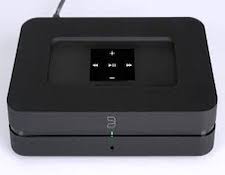 Collectively, my experience with MQA has been both one of being impressed to not impressed in any way. I have heard MQA played on fabulous systems and on run of the mill, if there is such a thing, systems and again, some were good, some a “what’s the big deal” mentality. This seems to support the basic tenants of the audiophile hobby, sometimes the sonic presentation is magnificent, sometimes just okay, and sometimes it doesn’t even get the motor cranked up at all. It seems logical, therefore, that MQA suffers the same fate as every other recording, regardless of format – different systems produce different sonics.
Collectively, my experience with MQA has been both one of being impressed to not impressed in any way. I have heard MQA played on fabulous systems and on run of the mill, if there is such a thing, systems and again, some were good, some a “what’s the big deal” mentality. This seems to support the basic tenants of the audiophile hobby, sometimes the sonic presentation is magnificent, sometimes just okay, and sometimes it doesn’t even get the motor cranked up at all. It seems logical, therefore, that MQA suffers the same fate as every other recording, regardless of format – different systems produce different sonics.
Like a certain faction of audiophiles, and some manufacturers, I am taking a wait and see attitude with MQA. If I am guilty of anything it is often being one of the first to embrace a new technology. In more areas than just stereo equipment, I can often be found charging headfirst, often at financial peril, into the new whatever. Over the years, for instance, I think I have purchased almost every software program ever invented to create labels and envelopes. While the intent of that statement is obviously humorous, there’s also something inherently misguided about it.
Still, MQA causes a considerable amount of curiosity among those who have not yet heard what it is capable of, or conversely, not capable of producing. Consequently, I don’t see this as simply a question of “does it sound better?”
MQA, for better or worse, is really wonderful for the principals of MQA. It is also a boon for the record companies. If it, as the process purports to accomplish, is a new revenue stream for the artists, then that is certainly a feather in the preverbal cap. What about the rest of us, the music buying public? What is someone who has never heard MQA supposed to believe when there has been so much, both positive and negative, written about this new musical format?
I see this as a two-pronged decision. One is listening habits. Anyone who predominately listens to digital as opposed to analog, and uses streaming as a digital source should benefit from the MQA process. Of course, that position is in the very general, almost abstract sense and not an absolute condition.
 Suppose your primary method of listening to music, digital music in particular, is by and through physical media – whether played on an actual CD transport or copied to a server? What then? MQA as a physically recorded, hold in your hand, format is in its infancy. How much, or how widespread that becomes is unknown at this point. Suppose further that MQA is widely adopted as a physical format. What will it cost to replace an existing music library, assuming that is something remotely practical? Depends on the size of the library, right?
Suppose your primary method of listening to music, digital music in particular, is by and through physical media – whether played on an actual CD transport or copied to a server? What then? MQA as a physically recorded, hold in your hand, format is in its infancy. How much, or how widespread that becomes is unknown at this point. Suppose further that MQA is widely adopted as a physical format. What will it cost to replace an existing music library, assuming that is something remotely practical? Depends on the size of the library, right?
Secondly, I think it is very system dependent. For those with lesser priced systems, the cost of adaptation is probably easier to manage – with more cost effective, compatible components available. Of course, I am talking about componentry capable of unfolding the full MQA signal, not some lesser presentation. As system cost rises, so too does the cost of adaptation. For instance, if you presently have a $25,000 DAC that is not MQA capable, and very likely won’t be, what would it cost to obtain one that is, and on the same level as your current DAC? If the new MQA capable DAC is anywhere north of $20,000, and you sell your current DAC for about $10,000, and further assuming you even like the $20,000+ MQA DAC, your cost to become MQA compatible will be indeed significant. In that scenario, is it worth the cost?
There are still quite a few unknowns about this new format. Some sing its praises as if it is the only musical format available. Some rank it right alongside 8 tracks and Betamax. For me, I’m going to ride the fence a little longer before opening my wallet. The last thing I need is yet another label program.
